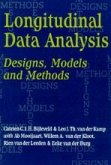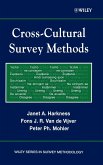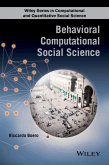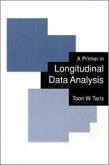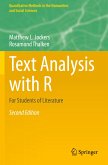Providing an up-to-date picture of the main methods for the quantitative analysis of text, this book begins by overviewing the background and the conceptual foundations of the field. The author then covers the traditional thematic approaches of text analysis, followed by an explanation of newer developments in semantic and network text analysis methodologies. Finally, he examines the relationship between content analysis and other kinds of text analysis - from qualitative research, linguistic analysis and information retrieval. Computer-assisted Text Analysis focuses on the methodological and practical issues of coding and handling data, including sampling, reliability and validity issues, and includes a useful appendix of computer programs for text analysis.
Bitte wählen Sie Ihr Anliegen aus.
Rechnungen
Retourenschein anfordern
Bestellstatus
Storno


